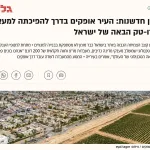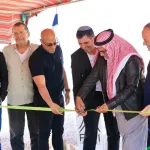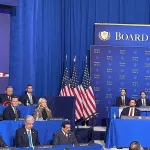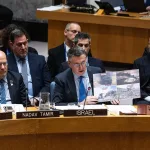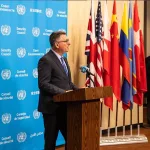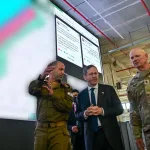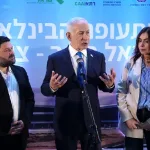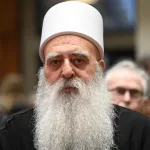Ten Judea and Samaria Local Authorities Switch to Private Electricity Suppliers
Ten municipalities in Judea and Samaria switched this month to purchasing discounted electricity from private suppliers, with a cumulative ...
Jerusalem, 10 July, 2025 (TPS-IL) — Ten municipalities in Judea and Samaria switched this month to purchasing discounted electricity from private suppliers, with a cumulative savings of over 1.5 million Shekels ($440,000) per year. Israel’s Ministry of Energy and Infrastructure has been promoting a privatization and competition program in the electricity market in order to reduce costs for the consumer.
In addition to reducing costs, the project also includes a unique component of building energy storage facilities on local authority properties. The contractors who win the tenders will install the facilities, generate profits from them – and share them with the local authorities.
With the completion of the process, 18 out of 25 municipalities in the Judea and Samaria cluster have now signed agreements with private electricity suppliers – a figure that indicates a significant regional trend in the field of local energy.
The Ministry of Energy and Infrastructure currently supports and finances the activities of 11 energy managers in 11 regional clusters across the country. The managers serve as a professional knowledge hub for authorities, enabling them to optimize electricity consumption, promote renewable energies – and take advantage of the advantage of scale in negotiations with suppliers. All this while providing professional tools and support that in most cases are not available to small authorities independently.

